From July 21 to August 2, Tsinghua University hosted a 14-day summer program for 15 medical students from Moscow State University. Centered around the theme “Sharing Knowledge, Fostering Culture, and Strengthening Friendship,” the program was co-organized by the Tsinghua University Institute for Russian Studies, Tsinghua Medicine, and its affiliated schools—the School of Basic Medical Sciences, the School of Biomedical Engineering, the School of Pharmaceutical Sciences, and the School of Clinical Medicine (Beijing Tsinghua Changgung Hospital).
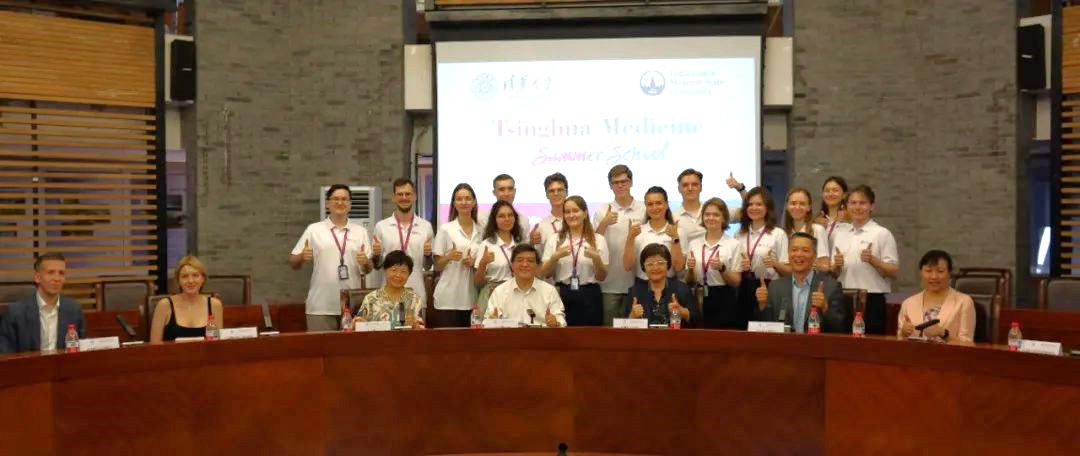
The program began with a welcome ceremony attended by Professor Jiang Peixue, Vice President of Tsinghua University, Academician of the Chinese Academy of Sciences, and Director of the Institute for Russian Studies. Other guests included Professor Chen Xuyan, Vice-Chancellor of Tsinghua Medicine; Liu Wei, Secretary-General of the Institute for Russian Studies; and Associate Professor Na Jie, representing the faculty. The ceremony was moderated by Professor Kee Kehkooi, Assistant Chancellor of Tsinghua Medicine and Tsinghua’s Special Envoy for International Cooperation.
In his remarks, Professor Jiang emphasized that this program exemplifies deep academic collaboration between two leading institutions in China and Russia. He highlighted the program’s role in offering students cutting-edge medical education and hands-on clinical opportunities, while also serving as a vital platform for youth exchange and the cultivation of future medical leaders in Sino-Russian cooperation.
Professor Chen underscored the program’s interdisciplinary focus, noting the integration of clinical practice with foundational research. She emphasized that the initiative reflects Tsinghua’s strengths in medical innovation and its commitment to global engagement.
During the first week, students participated in a series of academic lectures on leading topics in medical science. Professor Wong Tien Yin, Vice Provost of Tsinghua University and Senior Vice-Chancellor of Tsinghua Medicine, opened the series by presenting an overview of the school’s development and future direction. Twelve renowned scholars—including Professors Kee Kehkooi, Na Jie, Jia Yichang, and Zhang Shuyi—offered lectures covering key areas such as stem cell and regenerative medicine, advanced drug development technologies, cancer immunotherapy, neurological disorders, and AI in healthcare.
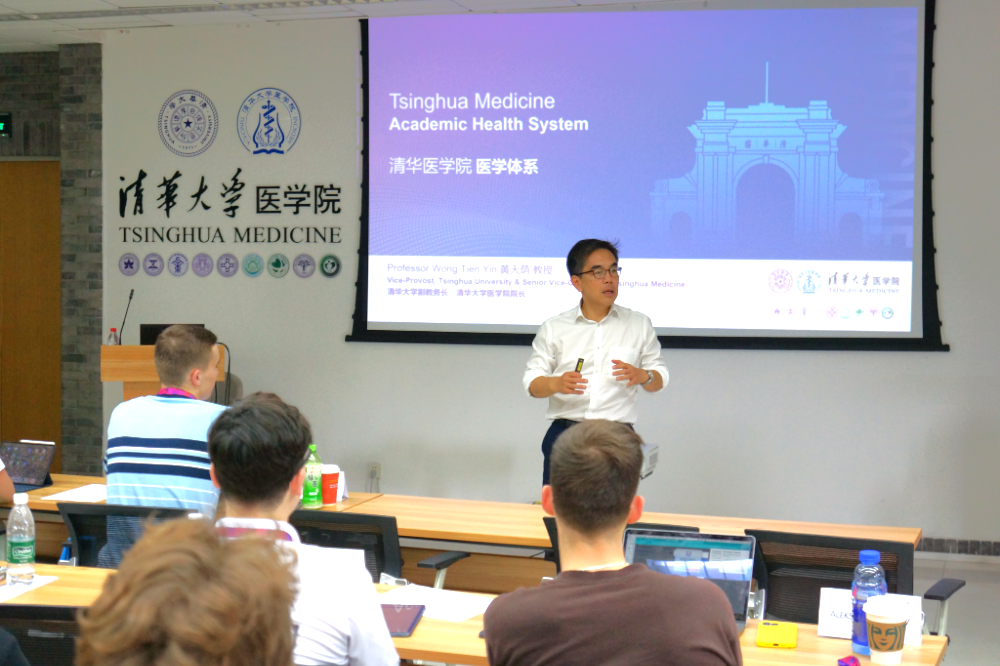
Students also visited world-class research facilities, including the Pharmaceutical Technology Center and the Brain-Computer Interface Laboratory, and toured innovative enterprises such as the Beijing Medical Robotics Innovation Center and Huawei Hengyuan, gaining insight into China’s translational research landscape and the growing role of technology in healthcare.
In the second week, students were divided into four specialty groups—surgery, internal medicine, obstetrics and gynecology, and pharmacy—for multidisciplinary clinical rotations at Beijing Tsinghua Changgung Hospital. The clinical phase opened with welcome remarks by Dr. Wu Weiwei, Assistant Dean of the Clinical Medical School and Vice President of the hospital.
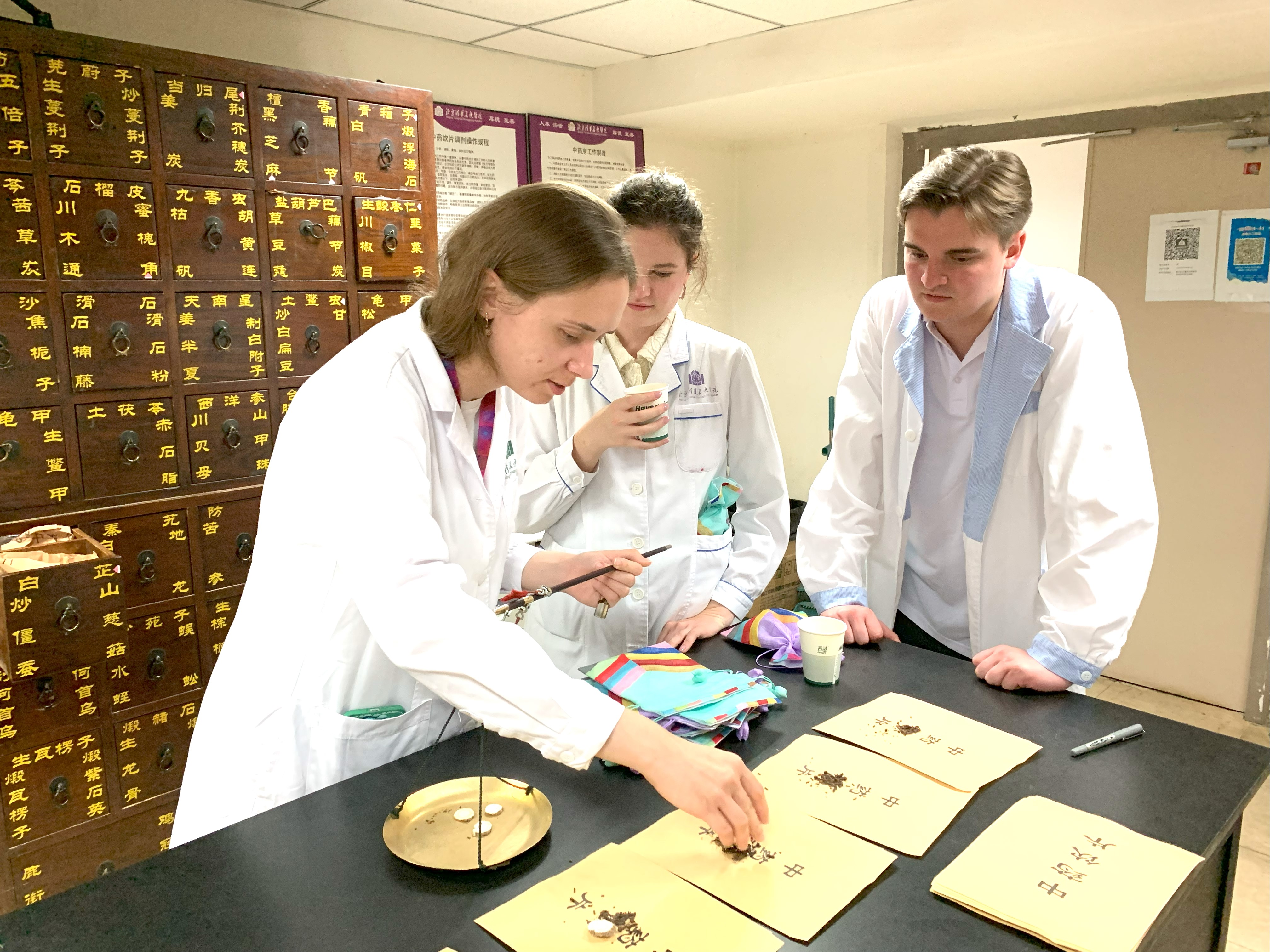
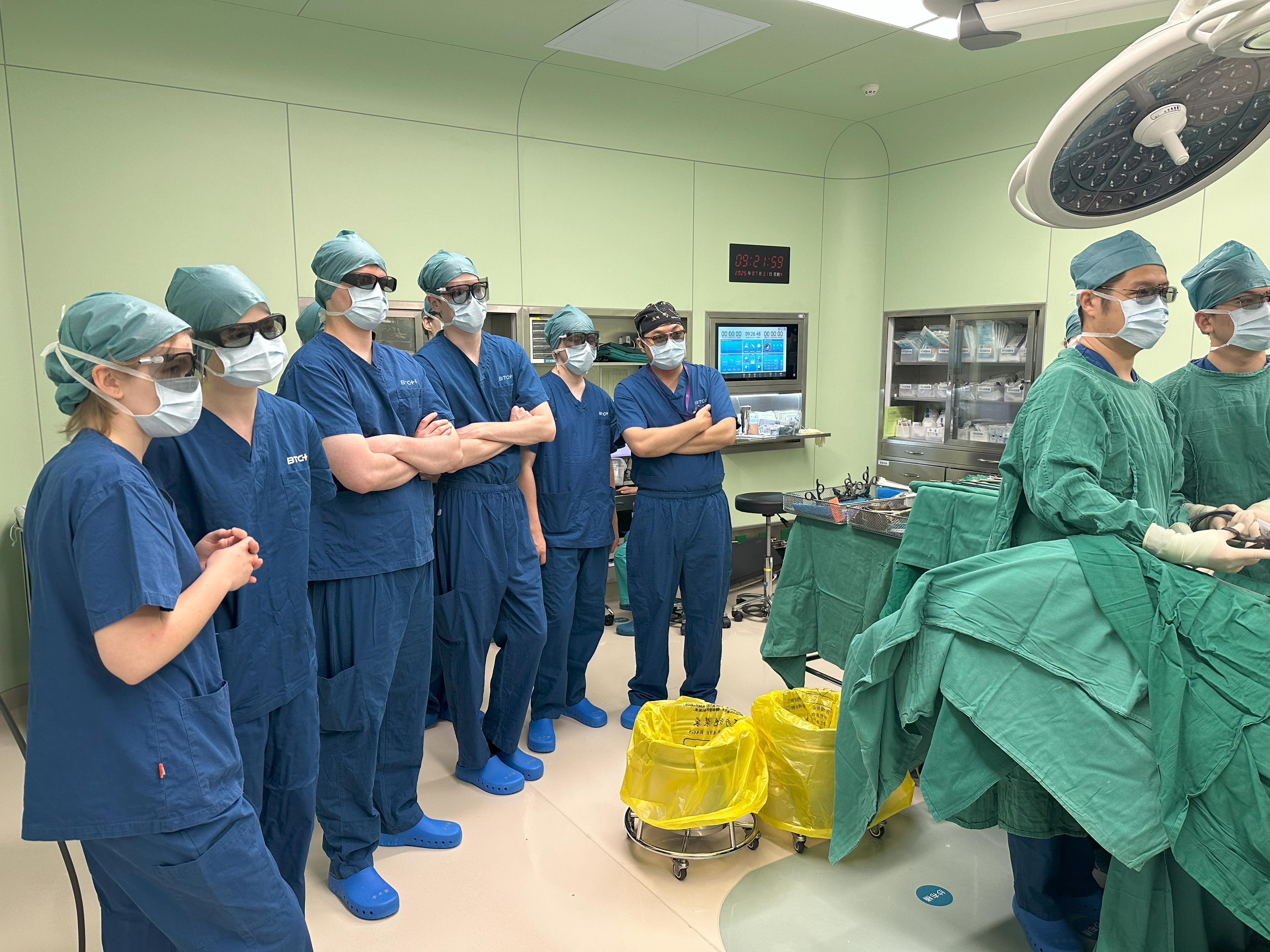
During their rotations, students participated in teaching clinics, ward rounds, case discussions, and surgical observations. They also received hands-on training in essential clinical skills such as suturing and cardiopulmonary resuscitation. To introduce students to the holistic approach of Traditional Chinese Medicine (TCM), the program included demonstrations of diagnostic techniques and therapies such as acupuncture, cupping, moxibustion, and the application of sanfutie (summer herbal patches). Additionally, students visited the Tianbei Community Health Service Center, where they learned about China’s grassroots healthcare system, chronic disease management, and family doctor services.
On July 31, students convened at the Institute for Russian Studies to reflect on their academic, clinical, and cultural experiences. They shared key takeaways on the integration of theory and practice, the future of medical technology, and the cultural insights gained throughout the program.
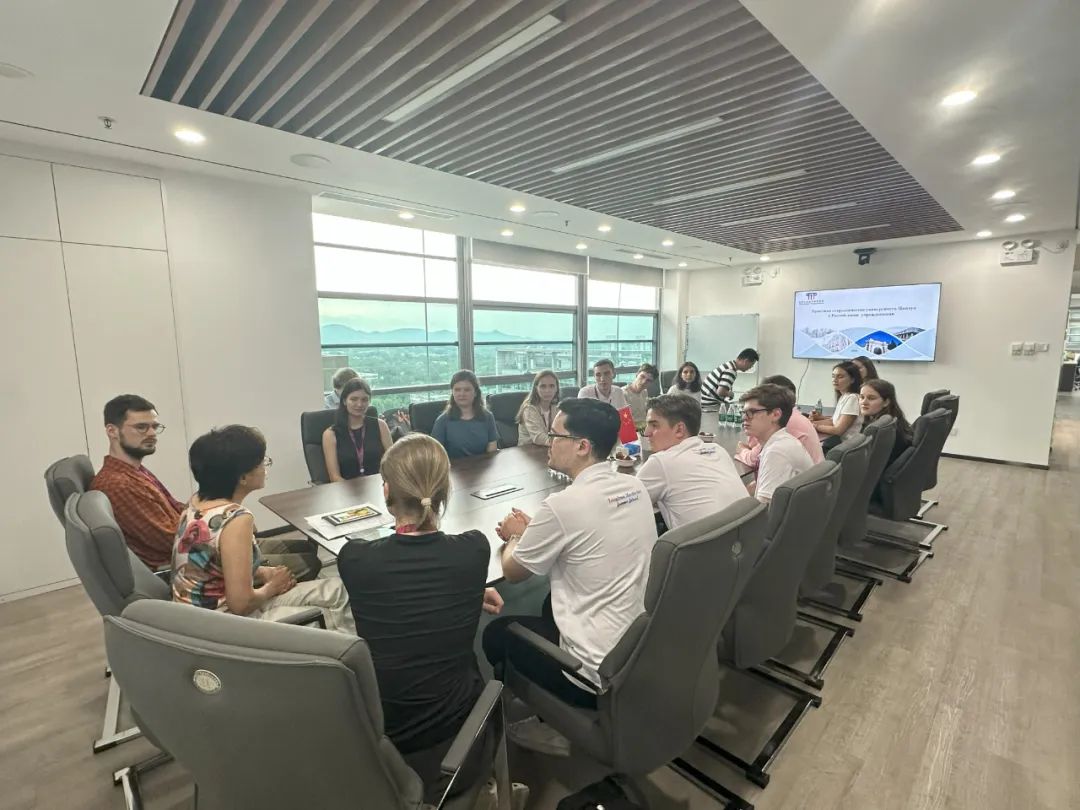
Over the course of two weeks, the program offered a rich and comprehensive learning journey—blending advanced medical education, immersive clinical practice, and meaningful cross-cultural exchange. More than just an academic experience, the summer school deepened mutual understanding and laid the groundwork for long-term friendship and collaboration between future medical leaders from China and Russia.